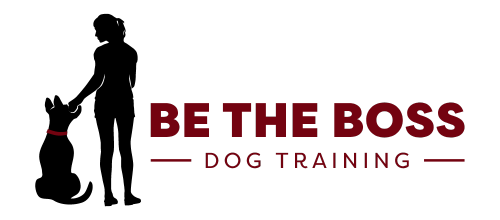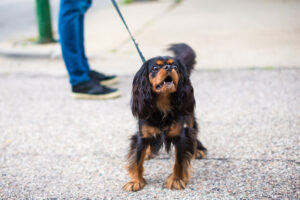I was out on a walk with my dogs the other day when we passed a young woman walking her dog as well. The second we came into sight her dog started barking and pulling on the leash trying to reach us, even though we were a good 50 feet away.
Glad for my two obedient dogs, I gave this lady some space by crossing the street and heading a different direction. As I looked back I cringed at what she was doing…
I see MOST people do this with their barking dogs when I am in public. And I did it with my dogs before I had the right information.
…she was crouched down by the dog’s side petting them in a loving way while crooning “Shh, it’s okay…it’s okay.” Now, if you don’t do anything else with your barking dog, at least don’t do that.
This young lady is not a bad dog owner, and her dog is not a bad dog. She loves her dog and WANTS her dog to stop barking. For whatever reason, at the moment…she does not have the correct information.
So what ARE you supposed to do to stop your dog from barking at another dog?
Giving the dog a treat to get their attention back on you is not going to stop the barking. This is called re-direction and it only works as long as the dog is willing to play this game. The next time it sees a dog/person/cat that it REALLY wants to bark at, it will do so regardless of what you have in your hand.
To stop the barking you need to correct the behavior. Give a leash pop, shake a can of pennies, squirt the dog in the face with water, use a prong collar, remote collar or a bonker. Whatever works and stops the behavior so you never see it again…do it!
Walking your dog should be a pleasant experience for BOTH of you. Your dog’s energy is better spent by focusing on you, or playing Chuck-It or fetch. Nothing good will ever come of your dog’s energy focused on barking at another dog.
More Tips
Check out our other posts
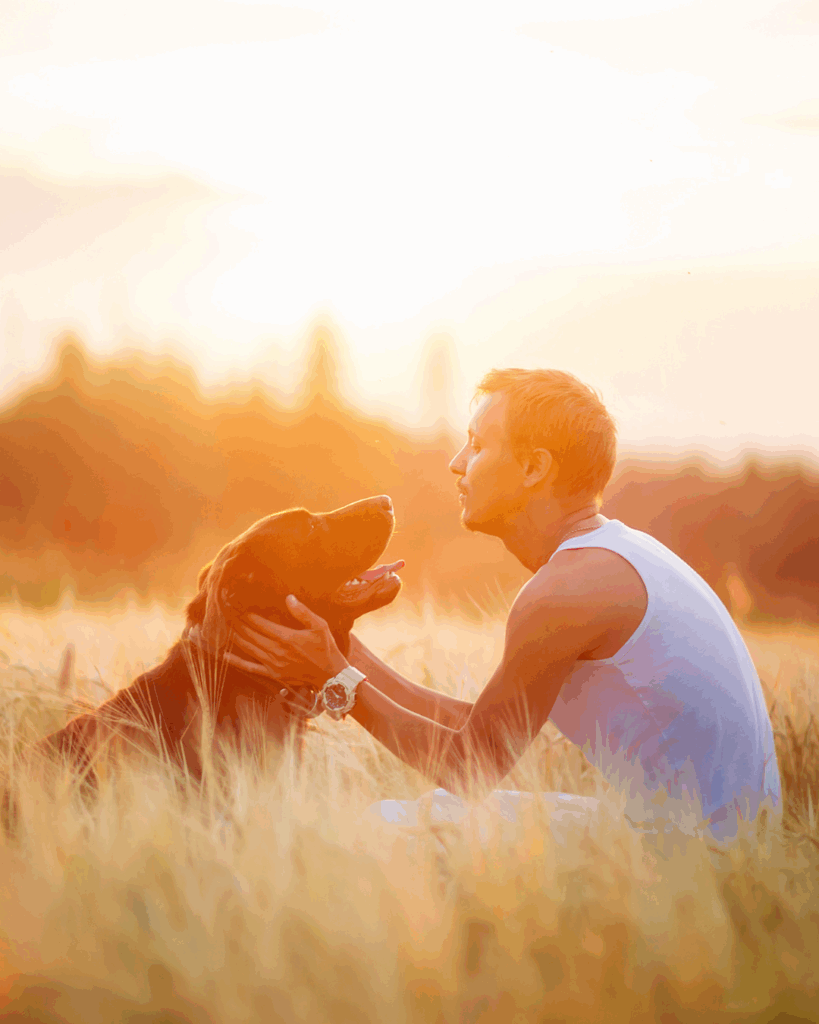
How Long Does It Take to See Progress in Dog Training?
Wondering why your dog’s training feels stuck—or when you’ll finally see real progress?
This blog breaks down the truth behind training timelines and what actually influences how fast your dog learns. From busting the myth of “easy breeds” to showing you what progress really looks like (even if it’s not perfect yet), you’ll get clear, practical insights designed to help you move forward with confidence.
Discover the fastest fixes for frustrating behaviors, why skipping structure always backfires, and how to spot the early signs that your dog is getting it—even if it doesn’t look like obedience just yet.
👉 Tired of guessing how long it’ll take? Click here to read the full blog!
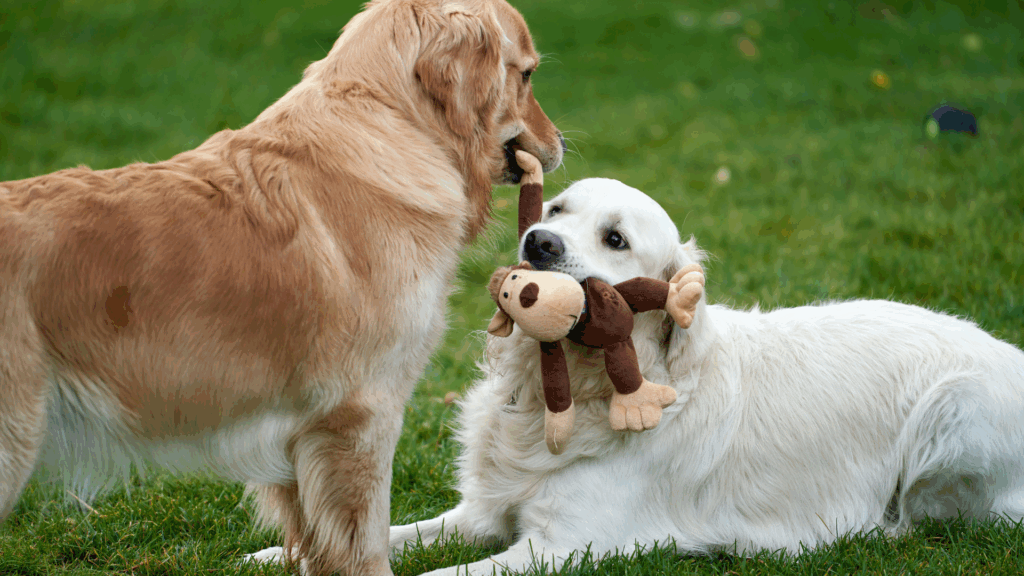
Why Do My Dogs Fight at Home but Get Along Outside?
Tired of peace at the dog park and chaos at home? You’re not crazy—just caught in the middle of some serious pack politics. This blog breaks down why your dogs fight indoors but play nice outside, and what you can do to restore the calm (without giving up your couch). From jealousy to turf wars, you’ll get the clarity and quick wins you’ve been missing.
Are your dogs total angels outside but drama queens at home?
👉 Click here to read the full blog!
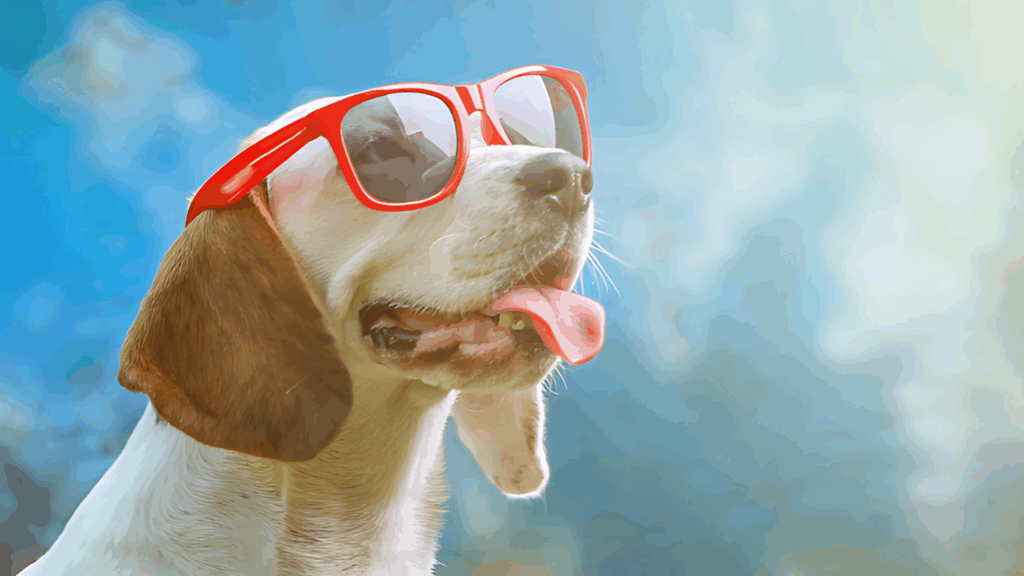
Beat the Heat: How to Keep Your Dog Cool, Calm & Well-Behaved All Summer
Too hot to handle? Don’t sweat it—literally. This summer survival guide shows you how to keep your dog cool, calm, and well-behaved without melting in the heat. From mental games to water play, you’ll get easy, low-effort ways to avoid the “bored and naughty” summer dog syndrome.
Is your dog acting out more now that it’s too hot for regular walks?
👉 Click here to read the full blog!

4 Secrets to Helping Your Reactive Dog Stay Calm Around Triggers
Reactivity isn’t always loud and dramatic—sometimes the biggest breakthroughs happen when nothing happens at all. Calm glances, quiet moments, and subtle check-ins are what retrain your dog’s brain. You don’t need perfection, just consistency and timing. Want to know the 4 secrets that make reactivity training actually work?
👉 Click here to read the full blog!
